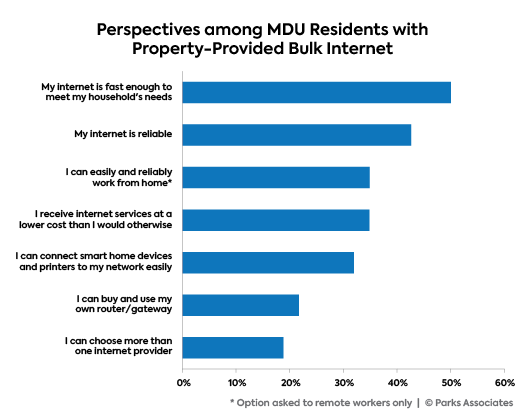Steering the Intricate Security Landscape of Virtual Computing in Multi-Unit Residences
Steering the Intricate Security Landscape of Virtual Computing in Multi-Unit Residences
Blog Article
Cloud-based computing has turned into an essential part of our daily lives, particularly in multi-dwelling units like flat buildings and condo complexes. These environments often have many tenants sharing the same online connection and virtual resources. While cloud computing offers many advantages, such as easy access to data and software, it also presents unique safety challenges. Comprehending these challenges is crucial for inhabitants and building managers to ensure that their information stays safe and secure.
One of the primary concerns in multi-dwelling units is the threat of illicit access to sensitive information. When numerous users utilize the same network, it can be simpler for cybercriminals to infiltrate the system. This is particularly true if the network is not properly secured. Residents should be cognizant of the significance of using robust passwords and enabling two-factor verification whenever possible. Building managers can also assist by ensuring that the building's Wi-Fi network is protected with coding and regularly updated security protocols.
Another significant issue is information privacy. In a shared environment, individual information can be more vulnerable to attacks. For example, if one tenant's device is hacked, it could potentially expose the data of fellow residents on the same connection. To mitigate this threat, residents should be cautious about the data they share online and be aware of the software they use. Additionally, building managers can establish policies that promote safe online practices among residents, such as frequent workshops on cybersecurity awareness.
Cloud computing providers also have a vital role in ensuring security in shared units. These providers are responsible for safeguarding the data stored in their platforms. It is important for residents and property managers to select trustworthy providers that emphasize security measures, such as data coding and regular security audits. By choosing trustworthy cloud services, users can reduce the threat of data breaches and ensure that their data is managed with care.
Finally, ongoing education about cloud security is crucial for all parties involved. As tech evolves, so do the methods used by cybercriminals. Frequent training workshops and updates on the newest security practices can help residents and building managers remain informed. By fostering a culture of security awareness, multi-dwelling units can establish a more secure digital go to website space for all tenants. In conclusion, while cloud computing offers many advantages, it is essential to manage its complex safety landscape carefully to protect personal information and ensure a safe living environment.